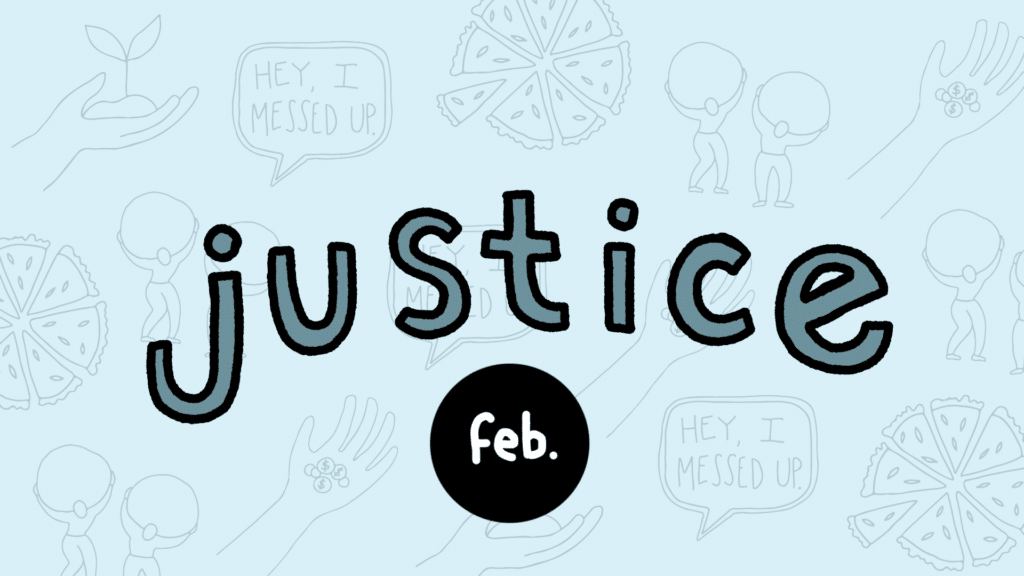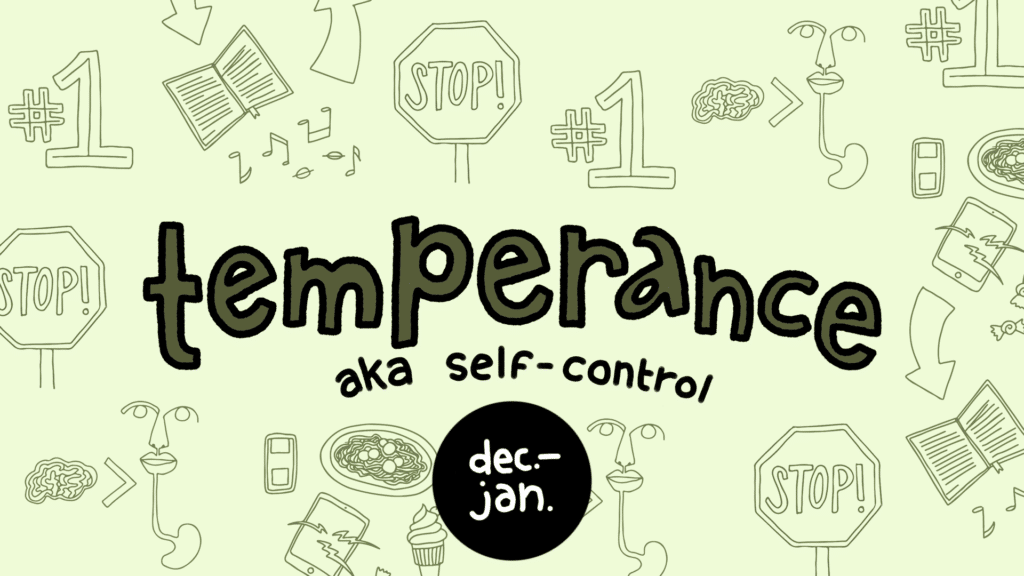
{photo by Nik MacMillan}
“Education is an atmosphere, a discipline, a life.”
~ Charlotte Mason
If you’ve been to any of our Preview Nights, parent meetings, or spent much time on our website, you’ve probably heard us say that SLOCA provides classical education – with a twist. Today we want to answer the question, “So what’s the twist?”
 Lisa Ann Dillon, our Intermediate Lead teacher, gave a presentation to the staff on this very topic, during the staff training week before school started. We wanted to pass on a little of this to our parents and readers, so today’s post will try to capture the main ideas of her presentation, using her material. Thank you, Lisa Ann, for sharing this with us!
Lisa Ann Dillon, our Intermediate Lead teacher, gave a presentation to the staff on this very topic, during the staff training week before school started. We wanted to pass on a little of this to our parents and readers, so today’s post will try to capture the main ideas of her presentation, using her material. Thank you, Lisa Ann, for sharing this with us!
If your first question is “what is classical education?” you can read more about that here on our website. As for the twist, perhaps there’s more than just one here, but today we will highlight the work and influence of Charlotte Mason, and how some of her principles are incorporated into our program.
Charlotte Mason and the Great Relationship
 Charlotte Mason was a British educator who lived from 1842-1923. She became a teacher at the age of 18 in order to support herself, and her teaching career continued until she was 81 years old!
Charlotte Mason was a British educator who lived from 1842-1923. She became a teacher at the age of 18 in order to support herself, and her teaching career continued until she was 81 years old!
A few of Charlotte’s accomplishments include establishing a teacher training college, writing six long books now known as The Original Homeschooling Series, (which can be found on Ambleside Online), and creating an educational “union” called the Parents National Educational Union (PNEU). It’s purpose was to provide children with a liberal arts education which centered on the best books, living ideas, good habits, and relationships.
As a teacher, Charlotte endeavored to understand why classical educators did what they did, rather than to merely discover what they did. She looked critically at the role classical education was playing during her lifetime. She felt that the approach at that time was not taking into consideration the true needs of young children. In direct opposition to the prevailing thought of the day, her 6th volume, Towards a Philosophy of Education, tells us that she chose to emphasize these points (among others):
- Children are born persons.
- They are not born either good or bad, but with possibilities for good and for evil. (p. xxix)
These statements strike us as obvious today, but at the time it was a revolutionary way to think about children. As Charlotte struggled to adequately address the educational needs of children she mused thusly,
“Diet for the body is abundantly considered, but no one pauses to say, ‘I wonder does the mind need food, too, and regular meals, and what is its proper diet?’I have asked myself this question and have laboured for fifty years to find the answer, and am anxious to impart what I think I know, but the answer cannot be given in the form of 'Do' this and that, but rather as an invitation to 'Consider' this and that; action follows when we have thought duly.”
(Vol. 6, p. 24)
Charlotte charges all of us to consider carefully and to think duly. This charge was what inspired our exploration of her teaching this summer.
How is Charlotte helpful to us today?
Lisa Ann gleaned much of her material about Charlotte Mason from the book, Consider This – Charlotte Mason and the Classical Tradition by Karen Glass. In the forward to this book David V. Hicks says,
“Whether we speak of virtue or wisdom, we are not talking about something involving mere intellectual comprehension and assent, but we mean actions that define these words and the person who uses them.”
 As our SLOCA teachers continue to advance their own training and study, they are putting into action what is learned. Our careful cultivation of character at SLOCA reflects our teachers' desires to reach deeply into the lives of each child.
As our SLOCA teachers continue to advance their own training and study, they are putting into action what is learned. Our careful cultivation of character at SLOCA reflects our teachers' desires to reach deeply into the lives of each child.
Here are a few of Charlotte’s methods that we have incorporated into our program. While these aren’t strictly “classical,” we believe they are important building blocks for forging character, fostering wisdom, and nurturing a lifelong passion for learning:
Charlotte acknowledged that intelligent children love to record things they see. She encouraged illustrating and taking notes in a nature journal from a young age, and letting children experiment with color to figure out how to mix them and get the right tints, rather than being told exact instructions. You may notice that many of our students at SLOCA are keeping nature journals, and we know that several of our families use nature journaling in their home day studies as well.


Another practice Charlotte believed in strongly is Narration – when a child listens to something read aloud (a history chapter, for example), and then retells it in his or her own words, ”…the story comes from his lips, not precisely as the author tells it, but with a certain spirit and colouring which express the narrator… after his own mind should have acted upon the matter it has received.” Illustrating their narrations is also encouraged. These are both part of our regular routine here at SLOCA.
A history timeline is a useful tool that Charlotte emphasized. You will notice large timelines in most of the core classrooms at SLOCA, and our UMS students also create their own timelines each trimester. Some of our families have home timelines as well.
 Charlotte believed emphatically in the benefit of fairy tales for children, in that they provide a “screen and shelter” for dealing with real difficulties in life. Through fairy tales, children encounter good and evil in a poetic, fantasy-filled way, and thus learn that evil can be overcome without being faced with harsher real-life situations before they are ready to handle them. She cites evidence of a child who witnessed a terrible scene (the body of a suicide being recovered from a nearby lake), and yet was separated from it by “an atmosphere of poetry––a curtain woven of fairy lore by his etherealising imagination.” He later wrote:
Charlotte believed emphatically in the benefit of fairy tales for children, in that they provide a “screen and shelter” for dealing with real difficulties in life. Through fairy tales, children encounter good and evil in a poetic, fantasy-filled way, and thus learn that evil can be overcome without being faced with harsher real-life situations before they are ready to handle them. She cites evidence of a child who witnessed a terrible scene (the body of a suicide being recovered from a nearby lake), and yet was separated from it by “an atmosphere of poetry––a curtain woven of fairy lore by his etherealising imagination.” He later wrote:
 “Yet no soul-debasing fear,
“Yet no soul-debasing fear,
Young as I was, a child not nine years old,
Possessed me, for my inner eye had seen
Such sights before, among the shining streams
Of fairyland, the forests of romance:
Their spirit hallowed the sad spectacle
With decoration of ideal grace;
A dignity, a smoothness, like the works
Of Grecian art, and purest poesy.”
You’ll find many fairy tales in our curriculum for young children. We often say at SLOCA that we are not protecting our students from the world, we are preparing them for it. We are preparing them to face the challenges and celebrate the achievements they will experience. We are arming them with strong characters forged through years spent with great books and yes, fairy tales. Through the fairy tales, even our youngest children begin to identify the difference between good and evil and learn to believe, at least for a time, that good does win out in the end.
Finally, Charlotte keeps us grounded by reminding us that it’s not all about intellectual superiority or showing off how smart we are:
“Pride in intellectual achievement is the perfect stumbling block to ensure that the goal is never reached. In other words, we must not only become humble, but remain humble if we want to continue our pursuit of wisdom and virtue.”
(p.26)
This is the twist that we endeavor to provide at SLO Classical Academy: not only to educate our students for life using classical methods that have trained many of the greatest minds in western history, but also to humbly pursue virtue as we learn through fairy tales, nature, observation, narration, and illustration.












